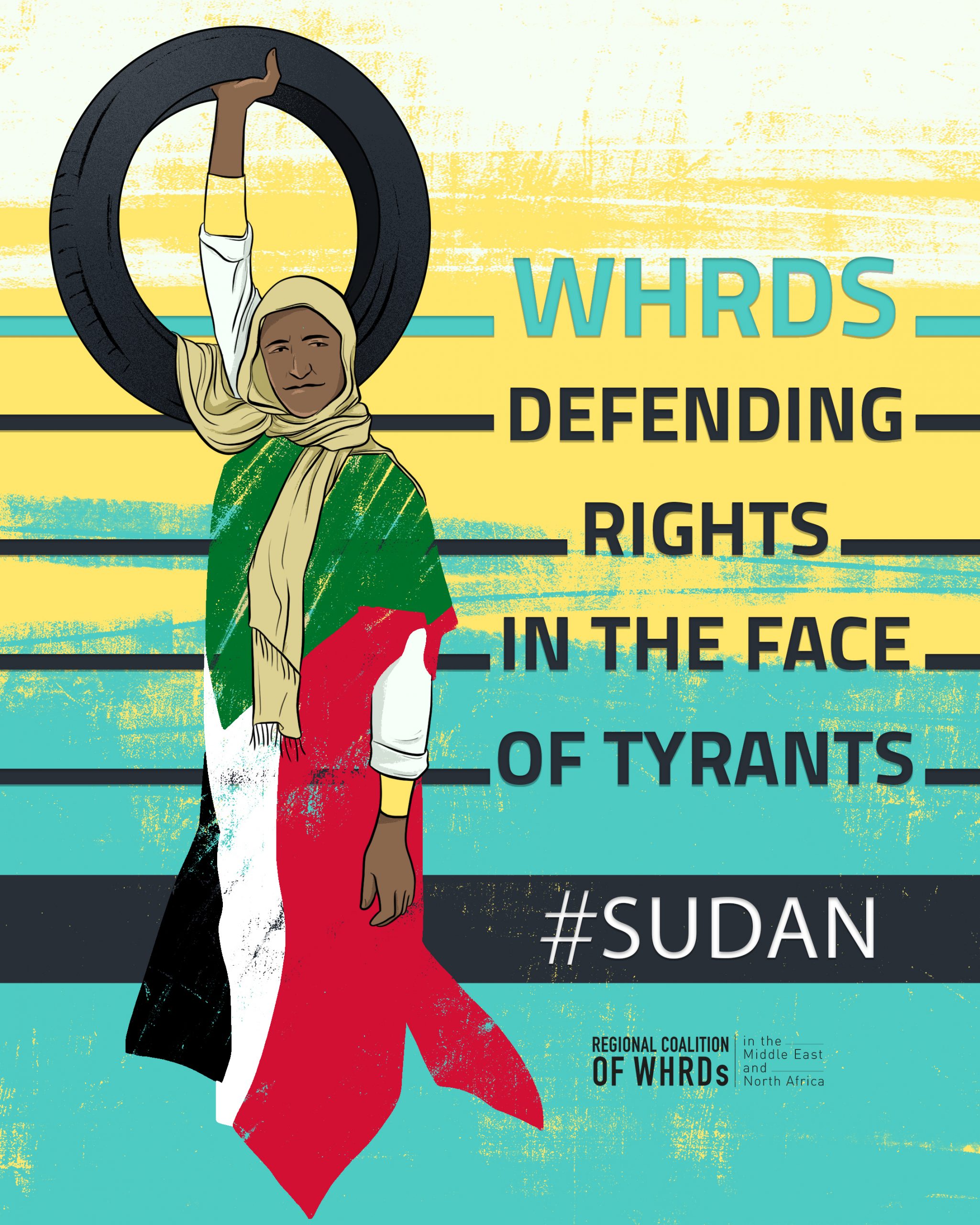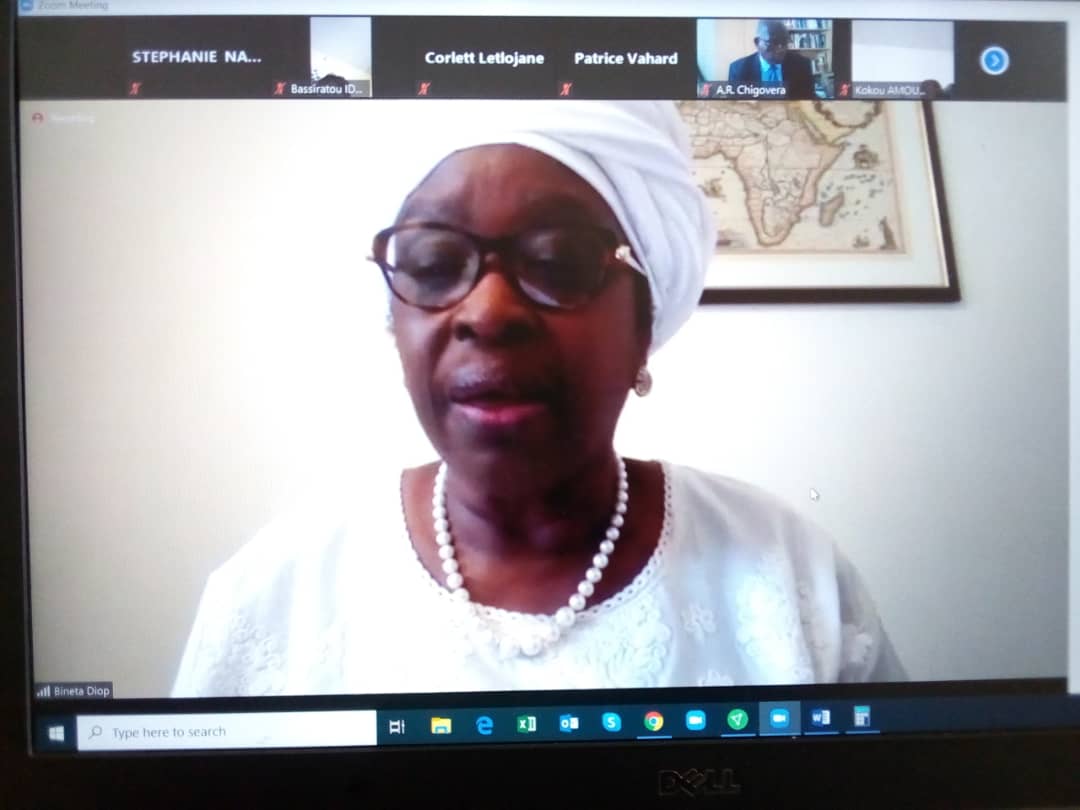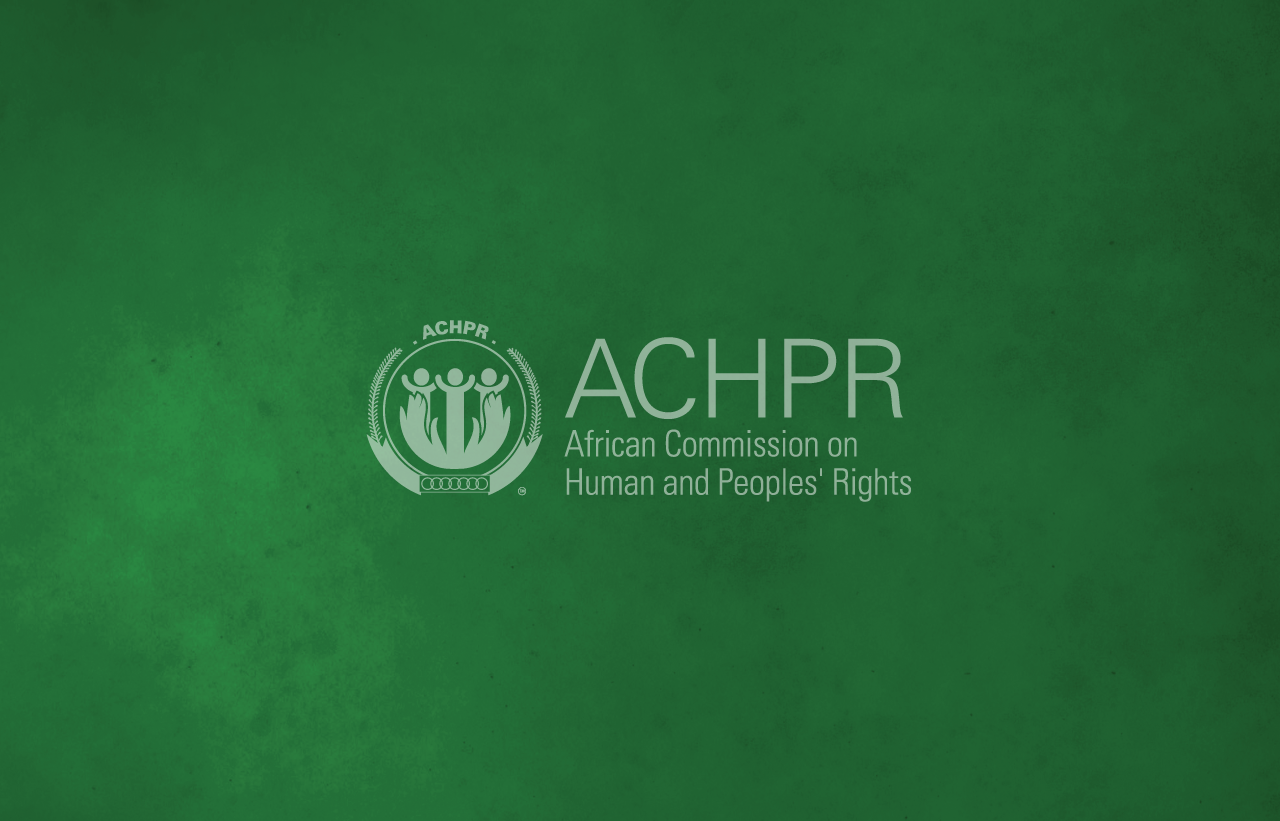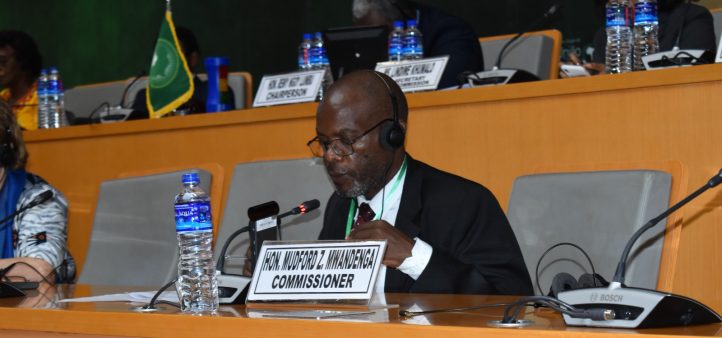On 10 July, a panel on Silencing the Guns in Africa and the 20th anniversary of the United Nations Security Council Resolution 1325 on the role of women in the prevention and resolution of conflicts, peace negotiations, peace-building, peacekeeping, humanitarian response and in post-conflict reconstruction was organised during the NGO Forum. The panel aimed at discussing the impact of covid-19 on the implementation of the 2020 African Union’s (AU) theme and the impact of covid-19 on women, youth and peace and security in Africa. Particular attention was given to the challenges faced by women in conflicts zone and potential recommendations for States on the protection of women and vulnerable persons.
In his opening remarks, moderator Patrice VAHARD, Representative of the United Nations High Commissioner for Human Rights in Guinea first greeted the participants, congratulated the organisers and noted the importance of synergy of action in the success of the forum. He then highlighted that “the power of the AU is to silence weapons and create conditions for more sustainable development. Therefore, we should not only work for the development of some specific rights but of all rights. Above all, to give a human face to the Covid-19 response”.
Corlett Letlojane, Executive Director at the Human Rights Institute of South Africa, explained the challenges faced by women during this period. 2020 is the year of the African Women’s Decade to improve gender equality so that women play a more important role in decision-making. Each AU member State is required to identify the problem that women face in conflict management. States must take gender-based violence into account in the measures taken and women must be involved in conflict management, research, resource mobilisation within the framework of Covid-19.
In addition to women, vulnerable groups, children, refugees, and other minorities must also be considered. States must develop new strategies to ensure that women’s rights are respected. Nevertheless, women must not only see themselves as victims, they must also be more active and committed to their rights. The measures taken by governments to combat covid-19, such as confinement, have increased women’s financial hardship for their daily expenses. Gender-based violence has exploded during the period of confinement, in some cases men are much more irritated and express themselves in anger. Covid-19 will not disappear very soon, so we have to adapt.
“We urge women to stand up for their autonomy at the regional and international level and not just be victims. According to our research, only 30 AU member States have, to date, developed action plans and we urge the remaining States to follow the same path.” Letlojane added.
Bineta Diop, the African Union’s Special Envoy for Women, Peace and Security highlighted the impact of Covid-19 on the UNSCR1325. The virus has created an unprecedented situation. While States are protecting life against this virus there is also a need for the protection of the human right of citizens. To fight the crisis, African countries have taken some measures which affected the fundamental human rights of its citizen. At a time when we are celebrating the 20 years anniversary of the adoption of the resolution 1325, and not just the resolution but the key process of the Beijing program, we need to sit and ask ourselves how are we implementing this instrument or how should we implement it.
There is a need to recall that this instrument, which comes from the United Nations Security Council, promotes the important role played by women in the prevention and resolution of conflicts as well as in peace-building. It is also embedded in key African human right instruments like the Maputo protocol which in its article 10 mentions that: “women have the right to a peaceful existence and the right to participate in the promotion and maintenance of peace”.
“Despite the evolution of COVID-19 recognised by all, the imperative to protect women’s human rights and preserve their dignity has been limited during the pandemic and measures taken by Member States such as lockdown and state of emergency have hindered/slowed down the implementation of the peace and security agenda.” On 27 April 2020, Bineta Diop’s office issued a statement highlighting the impact of the pandemic on women and children and in particular those living in conflict zone.
“There was not a safe place in Africa to protect survivors, and we call for perpetrators to be brought to justice. When we are looking at covid-19 we need to maintain the rule of law and that was also missing in many places. Women in refugees’ camp and internally displaced were equally affected” she added.
“The vision of the AU is to silence weapons as a sine qua none condition for the survival of our continent. This should not only be seen as a campaign but as a major investment by our continent” concluded Patrice Vahard, Representative of the United Nations High Commissioner for Human Rights in Guinea.
Contact: Stéphanie Wamba, Africa Programme Advocate Consultant, [email protected]
Photo: ISHR




